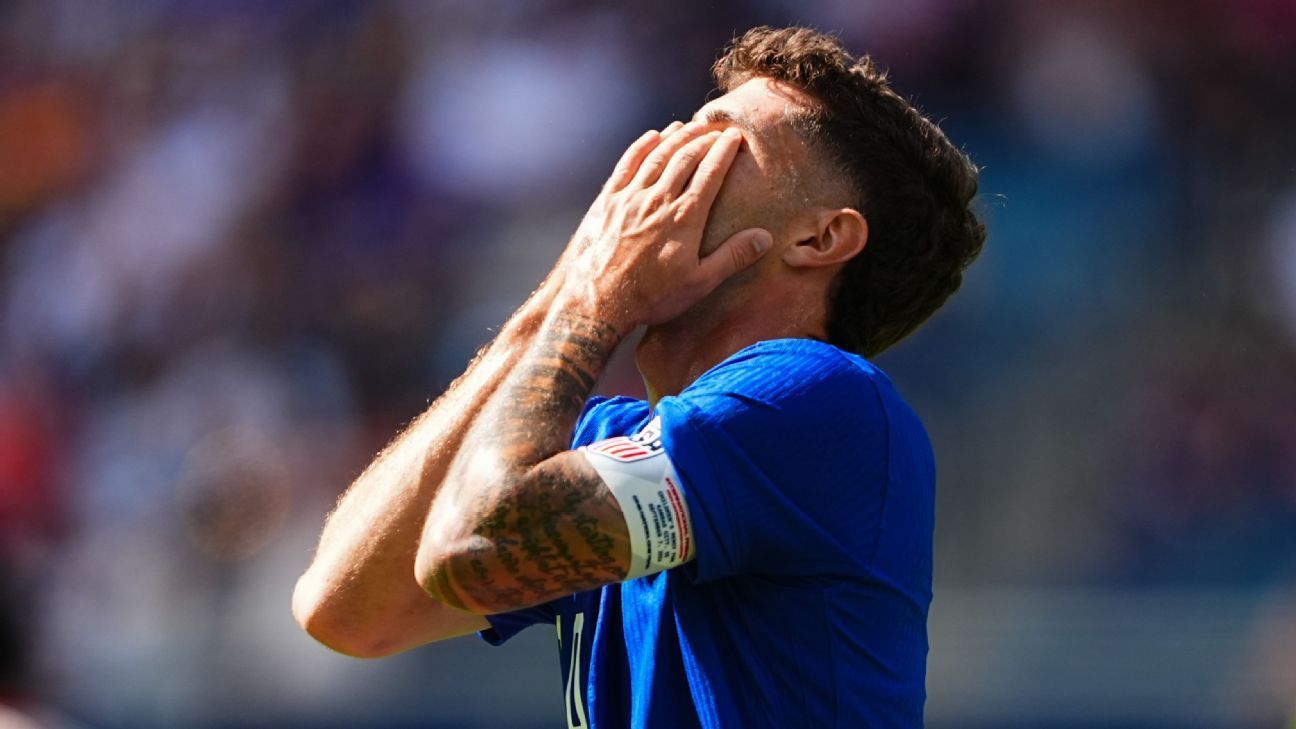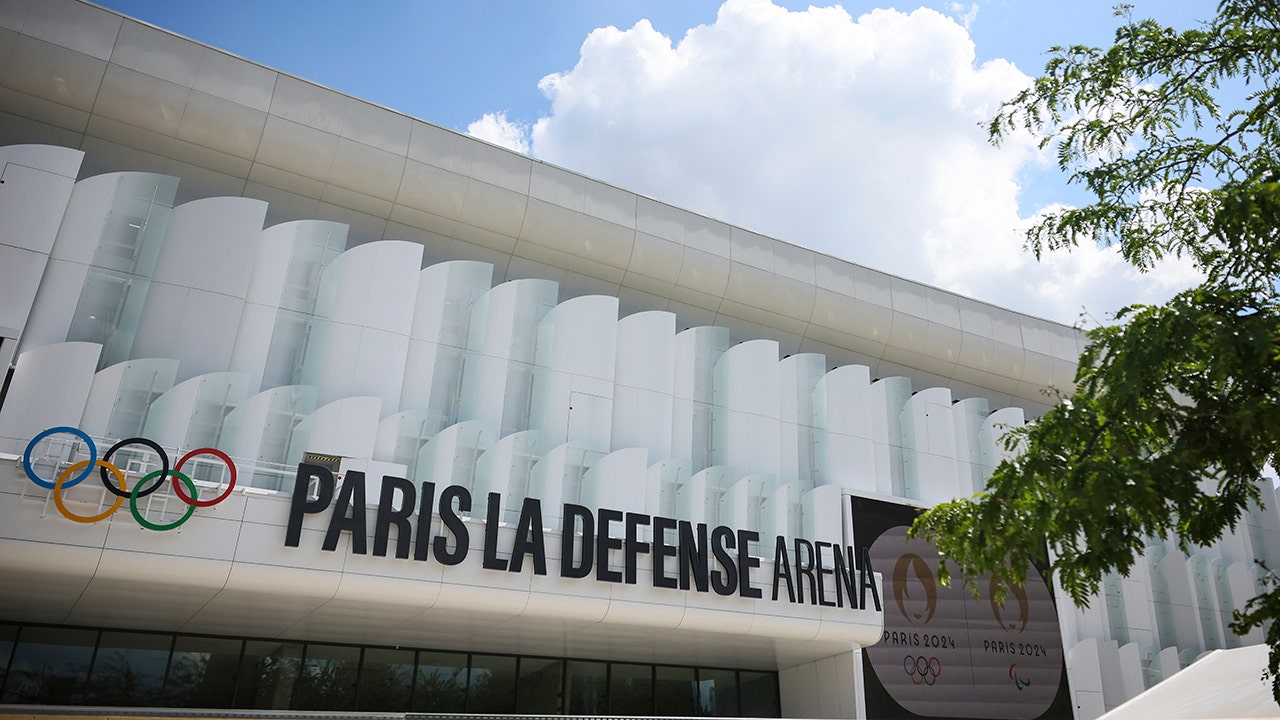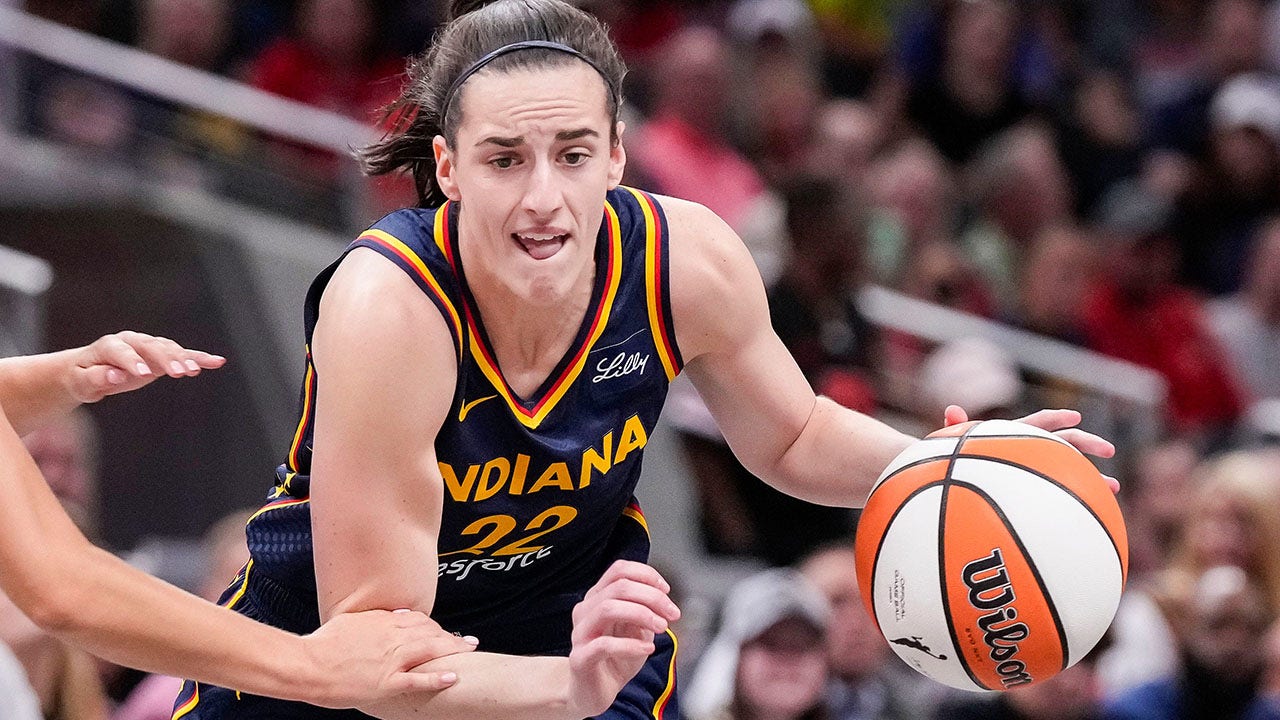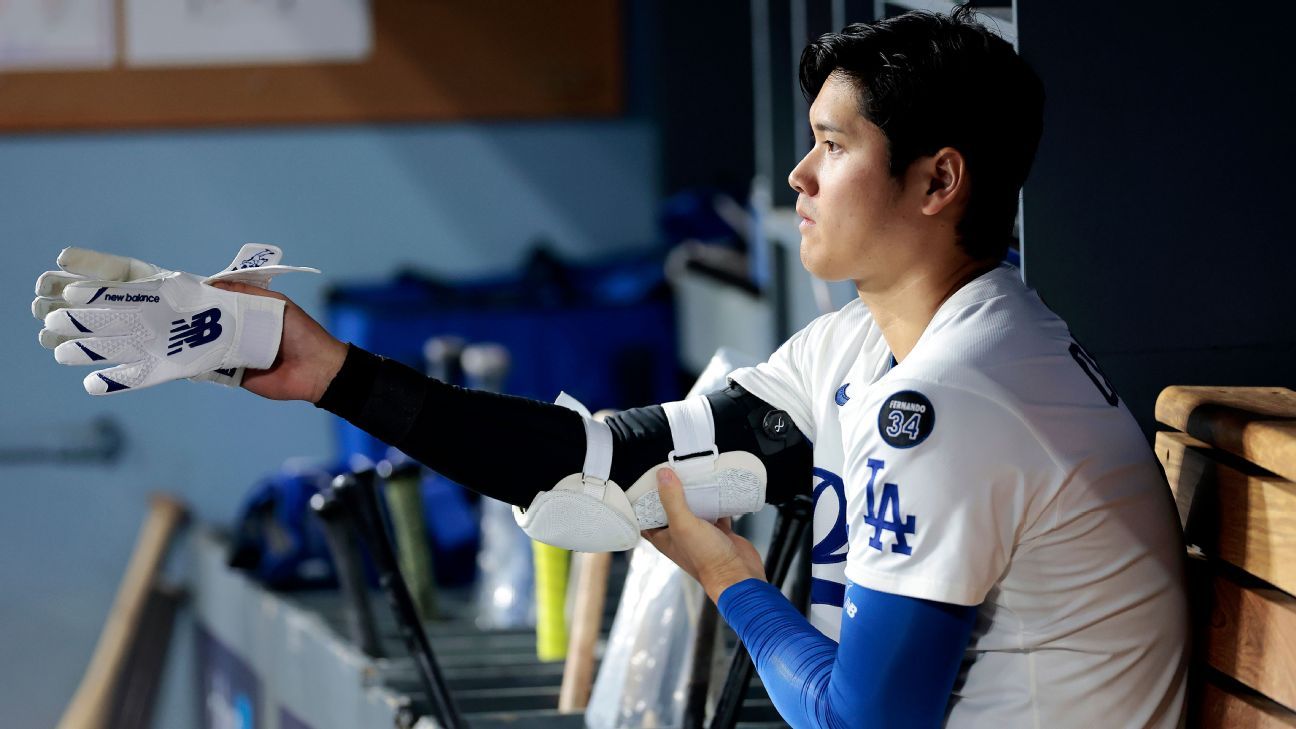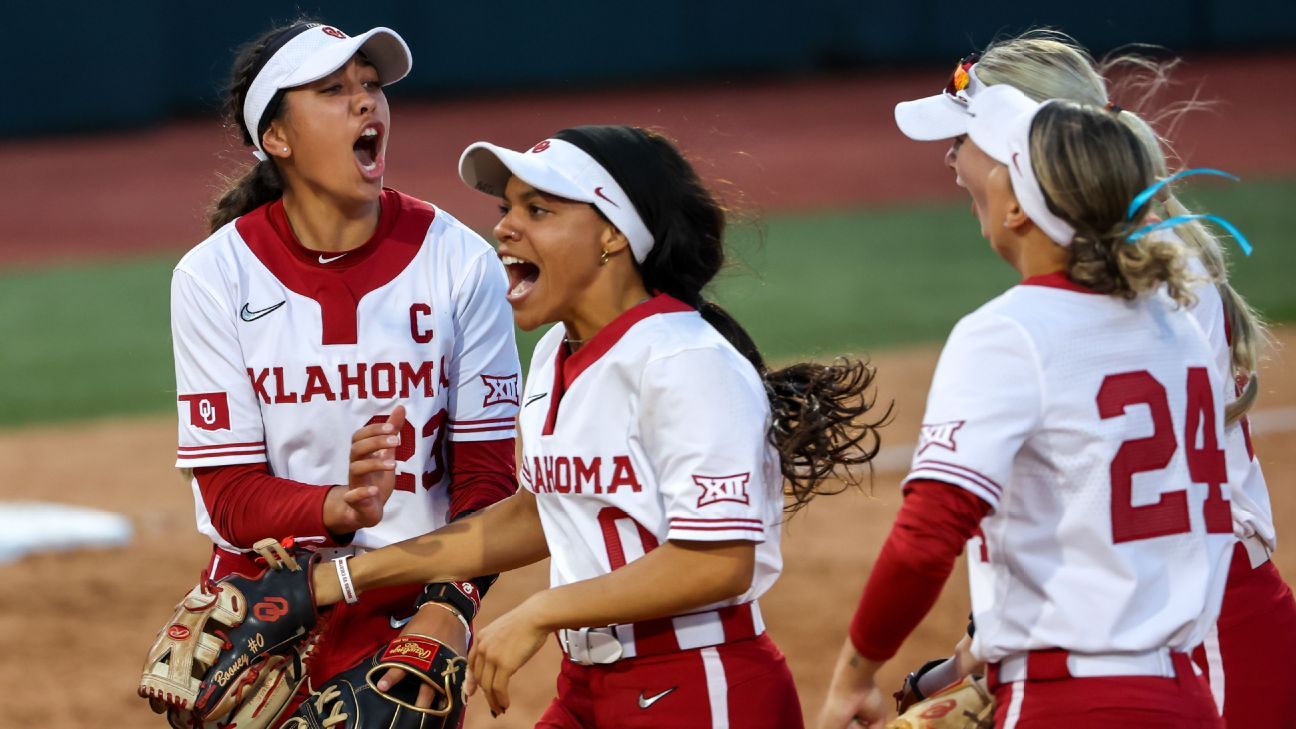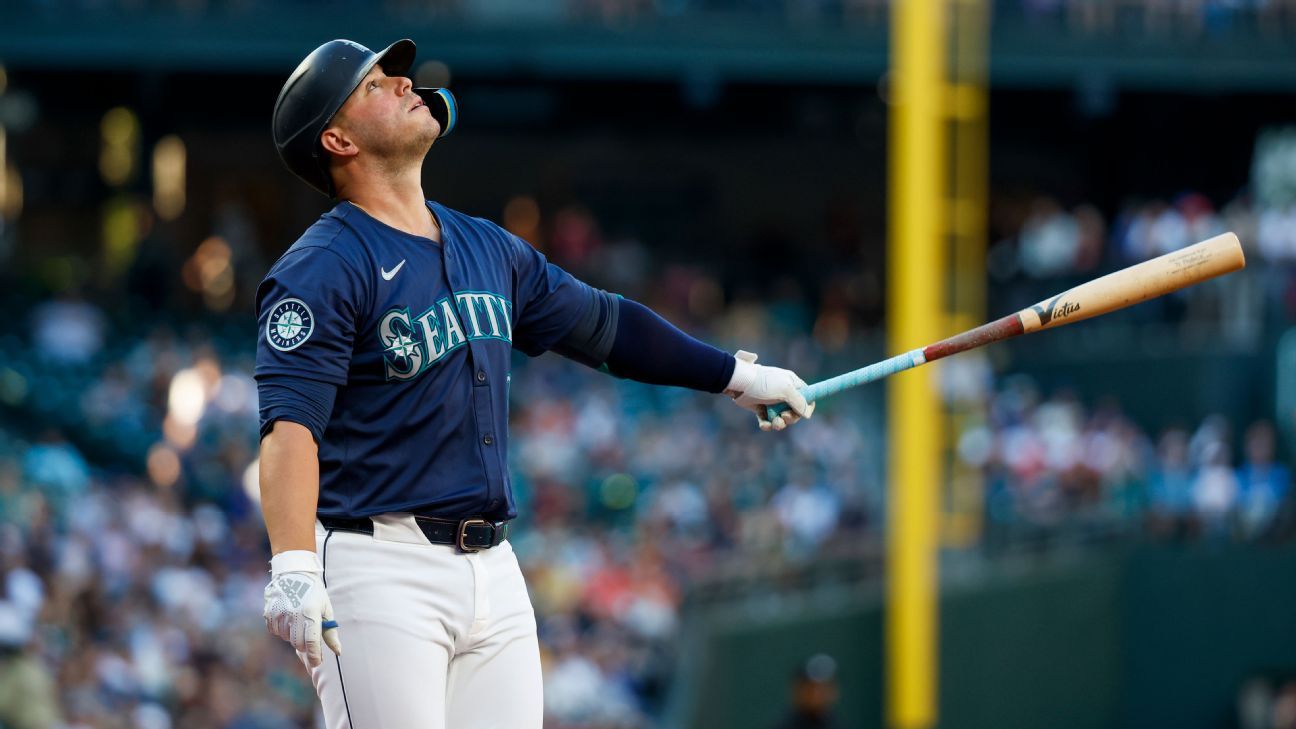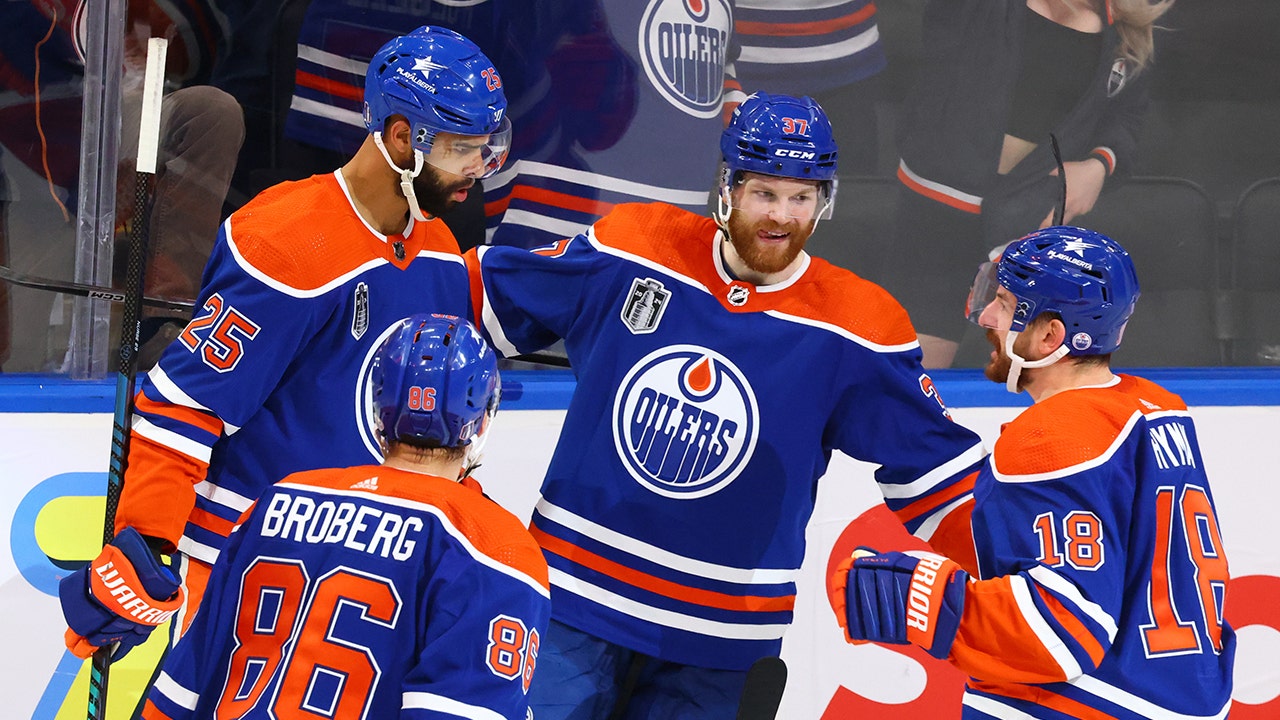Three months after a dismal group stage exit at the 2024 Copa America, the U.S. men’s national soccer team returned to action for the September international window under different management and with a renewed desire from team members to prove themselves.
But the promise of change and growth lasted only a few minutes Saturday as Canada exposed the Americans' persistent weaknesses and disharmony with a 2-1 victory in Kansas City, Kansas.
In what could have been the perfect opportunity to allay concerns of a downward spiral and instill hope in an apprehensive fan base, Saturday’s lackluster performance underscored the immense work that Team USA must do on the road to the 2026 FIFA World Cup.
The Stars and Stripes entered the friendly against Canada carrying the weight of negative results from the Copa America of a tournament in which they made history by becoming the first host nation not to advance to the knockout rounds since the group stage was introduced in 1975. The United States had also not been eliminated from the group stage in 19 previous international tournaments played on U.S. soil, including the 1994 World Cup.
The U.S. Soccer Federation underwent a 10-day review process to analyze the team's poor performance in the Cup before sporting director Matt Crocker announced the firing of coach Gregg Berhalter for the second time.
With interim coach Mikey Varas at the helm, however, the team’s apathy was laid bare for all to see Saturday. The recurring mistakes began in the first half, when the Americans insisted on playing out from behind against a high-pressing Canada under coach Jesse Marsch. Like Uruguay and Panama at the Copa America, the Canadians knew they could pressure the Americans into making mistakes in their own half. It was no surprise, then, that Canada’s Jacob Shaffelburg’s opening goal followed exactly that protocol. After U.S. goalkeeper Patrick Schulte initiated the play, the Americans’ defense lost possession after just three passes, fumbled the ball and allowed the Canadians to take the lead.
2:11
Why Herc believes this is a “wasted” international window for the USMNT
Herculez Gomez says he “doesn't care” about the upcoming international window if Mauricio Pochettino hasn't selected the USMNT roster.
Beyond the defensive issues, the Americans also failed to create offensive opportunities, as a lack of connection inspired just one shot in 45 minutes. For the first time since facing Qatar at the 2021 Gold Cup (52 total matches), the U.S. was outshot by 10. Not all that surprising considering it had a 75.4% completion rate in three Copa America group stage matches, which ranked 14th out of 16 teams in the tournament. The team had a 75.5% completion rate in the attacking third, the third-worst percentage in the first round of the Copa America. Berhalter attempted to impose a possession-based game that didn’t suit the available players. The instructions often translated into a confusing midfield and an offensive advantage for the opponent.
The same was seen against Canada under Varas, who even admitted to transmitting confusion to the players.
“The transmission of ideas was not clear enough because you can't be static or pass the ball just for the sake of passing it,” Varas said after the match. “You have to try to speed up the game as quickly as possible.”
On Saturday, in the second half, the United States improved and slightly increased the intensity. Despite Canada’s goal in the 58th minute that revealed defensive errors by Tim Ream and Chris Richards, the team managed to cut the deficit in half with a goal by Luca de la Torre. Substitute Aidan Morris played a pivotal role in the build-up play, working with precision in the final third of the field while De La Torre did well to find space. But, like three months ago, a 25-minute burst of energy and moments of offensive brilliance were never going to be enough to secure a win against a strong opponent.
In the end, Saturday's loss broke even more unwanted records for the Americans, losing to Canada on their home turf for the first time in 67 years. The defeat also ends a 23-match unbeaten streak against their northern rivals, the longest streak for the U.S. against any opponent in team history, according to Opta.
What is clear is that with less than two years until the country co-hosts the World Cup, the United States must quickly get to work developing a strong playing style and identity on the field. Sources have confirmed to ESPN that Mauricio Pochettino will be named the new coach in the coming days, providing a glimmer of hope for the team's future. The former Tottenham Hotspur, Paris Saint-Germain and Chelsea manager, labeled by Ream as a “high-quality, high-level coach,” has his work cut out for him. Pochettino — or any new U.S. team coach — will need to tap into the potential of the so-called “golden generation” with a schedule that offers no real test until the start of the World Cup.
Will the combination of friendlies, the Concacaf Nations League and the Gold Cup allow the new U.S. national team boss to form a competitive unit? Perhaps the right combination of players exists, but the loss to Canada showed there are a litany of weaknesses that must be addressed if the 2026 hosts are to avoid falling to even deeper historic lows.

